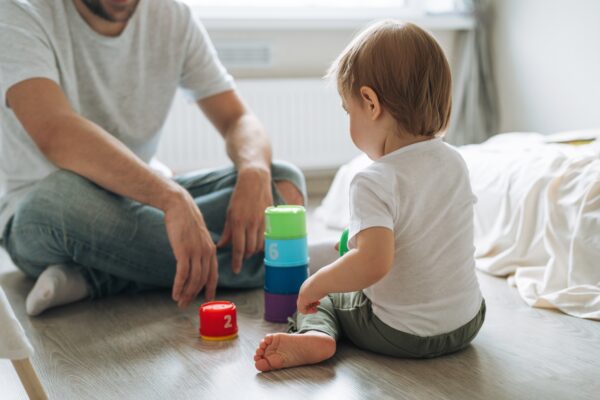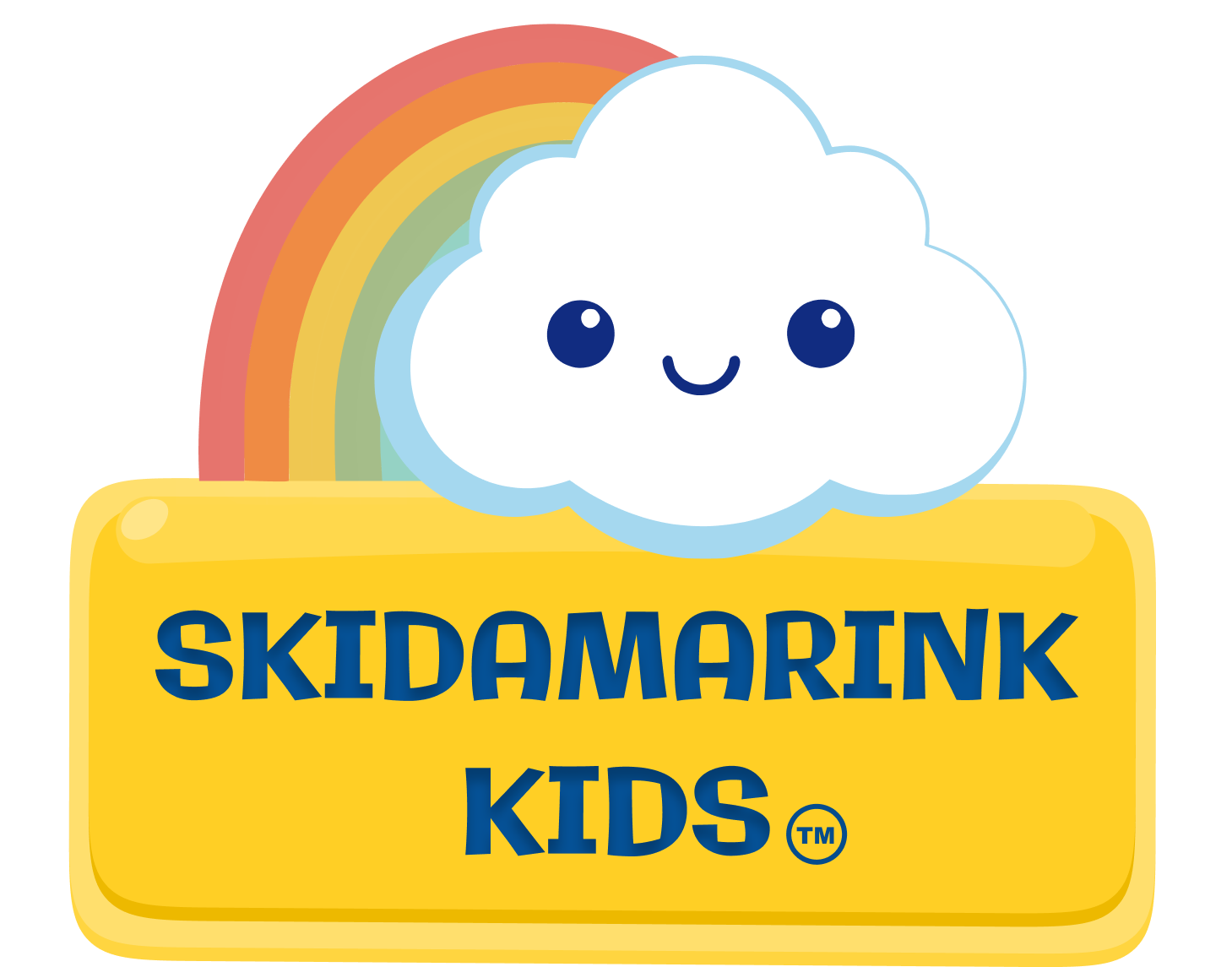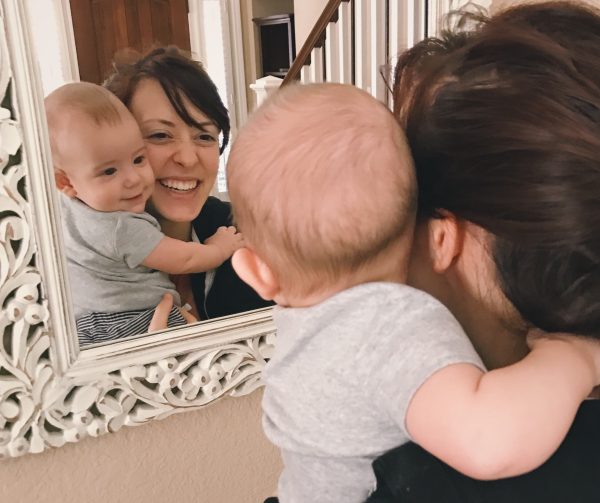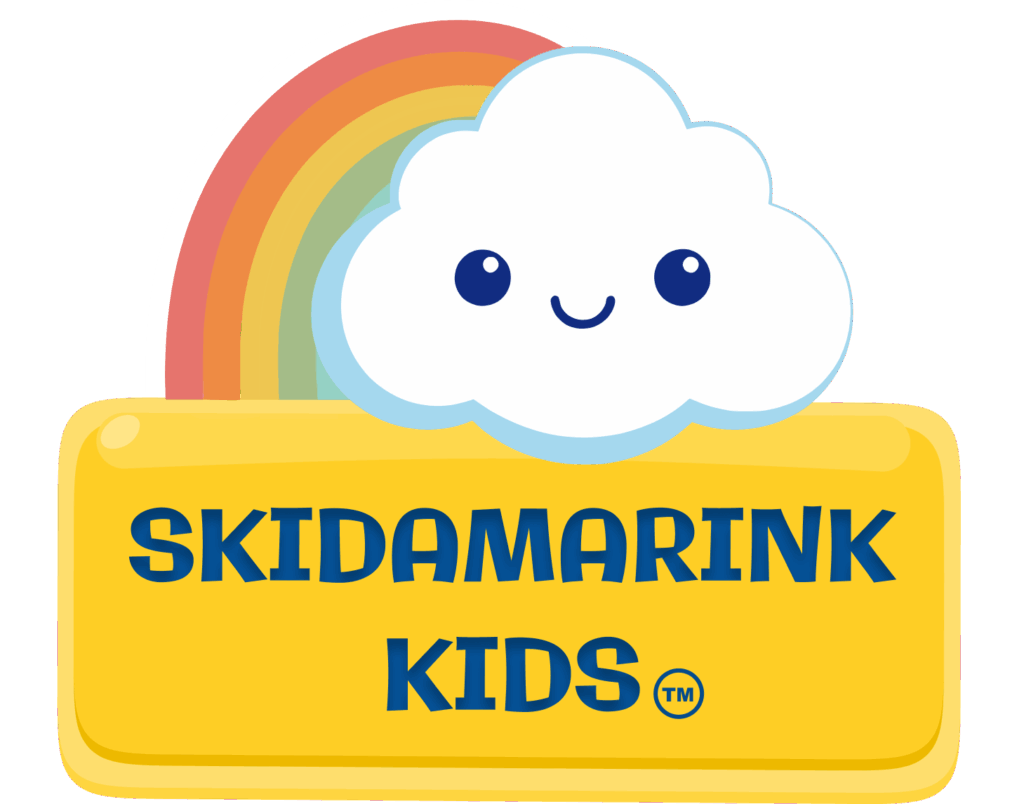Creating Lifelong Bonds Through Simple Daily Moments
As you cradle your little one in your arms, have you noticed how they gaze into your eyes? Or how they might mirror your expressions, responding to your smile with their own? This beautiful dance between you and your baby is called attunement: one of the most precious gifts you can give your child during their first years of life that will last throughout their lifetime! Baby attunement creates the foundation for healthy emotional development and secure attachment with baby that will benefit your child for years to come.
Baby attunement is the art of tuning in to your infant’s needs, emotions, and cues. It’s about being present and responsive in ways that help your little one feel seen, heard, and understood. When you’re attuned to your baby, you’re laying the foundation for their emotional wellbeing and creating connections that will support them throughout life.
Building secure attachment with baby isn’t about being a perfect parent. It’s about being present, responsive, and tuned into your little one’s needs. When you focus on creating these bonds, you’re building a foundation of trust and emotional security that will benefit them throughout their entire life.
Every interaction you have is an opportunity to strengthen that special bond. From the way you respond to their cries to how you engage during diaper changes, these moments matter deeply. The beautiful thing is that it happens naturally through everyday care and attention.
Seeing Your Baby as a Gift Changes Everything
Here’s something that transforms how we approach parenting from birth to 36 months. It’s so easy to get caught up in all the things we need to do during those early years. The endless diaper changes, the laundry that never ends, the sleepless nights. However, when we’re able to shift our focus and stay present in the moment, seeing our sweet little one as the precious gift they truly are, everything changes.
This mindset shift actually helps regulate our emotions as parents. When we view those daily care moments as opportunities to connect rather than tasks to complete, our bodies naturally move into that peaceful state. Our muscles relax, and we can better respond to our baby’s needs. This calm presence is exactly what helps build emotional security most effectively.
Moreover, when we see each diaper change as a chance to look into those beautiful eyes, each feeding as sacred time together, and each sleepless night as an opportunity to comfort our little blessing, it becomes so much easier to stay emotionally regulated and present. Your baby feels this calm energy, and it creates the perfect environment for deep parent child bonding.
Understanding Attunement: The Heart of Connection
This is what child development experts call attunement. It’s the ability to tune into your baby’s emotional state and respond in a way that shows you truly see and understand them. When you practice this kind of responsive connection consistently, you’re building trust and security one moment at a time.
Through this responsive, present connection, your little one learns they can trust you and that their needs matter. Attunement means noticing when they’re overwhelmed and need quiet, recognizing when they’re ready to play, and responding to their unique rhythm throughout the day.
What Secure Attachment With Baby Looks Like at Different Ages
Understanding how to build this bond changes as your baby grows. Each stage brings new opportunities for deeper parent child bonding through age-appropriate interactions and responsive care.
Newborn Attunement (0-3 months)
During these early weeks, creating secure attachment with baby focuses on responding to their basic needs with love and consistency. Your newborn is learning whether the world is a safe, predictable place based on how you respond to them.
Building this foundation looks like picking them up when they cry and soothing them with gentle rocking. You might copy their facial expressions during those precious alert periods or speak in a soft, sing-song voice as you change their diaper. Notice when they turn away; that’s their way of asking for a break when they’re overstimulated.

Real Life Example: Baby Maya begins to fuss after feeding. Her mom notices she’s been in a bright room for a while and gently carries her to a dimmer space, speaking softly. Maya relaxes in her mother’s arms, her little body becoming less tense as she feels understood. This responsive parenting helps build trust and emotional security.
Growing Baby Attachment (4 to 12 months)

At this stage, building connection becomes more interactive. Your baby is becoming more aware of the world around them and your responses to their interests become crucial for emotional development.
This bond develops through following their gaze to see what interests them and talking about what you’re doing together during daily routines. Respect their developing preferences like favorite toys or foods. Play simple games like peek-a-boo and follow their lead when they want to continue.
Real Life Example: Ten-month-old Elijah points to a red bird outside the window. His dad notices, moves closer to the window saying, “Yes! I see the bright red bird too! The bird is flying!” Elijah smiles and babbles excitedly, feeling the joy of shared attention. This kind of responsive parenting strengthens their bond beautifully.
Toddler Trust Building (1 to 3 years)
Building secure attachment with baby continues evolving as they become more mobile and expressive. Now your toddler needs you to help them navigate big emotions while maintaining that foundation of trust you’ve been creating.
Maintaining this connection looks like acknowledging their feelings, even during tantrums. Get down to their eye level when they want to show you something. Be patient as they try to communicate their needs, and celebrate their discoveries without taking over.

Real Life Example: Two-year-old Zoe is struggling to stack blocks and starts to cry in frustration. Instead of taking over, her father sits beside her saying, “You’re working so hard on your tower. It’s frustrating when the blocks fall, isn’t it?” He waits, and when she’s ready, offers, “Would you like some help?” Zoe nods, and together they place the next block. This patience and understanding helps maintain their secure connection even as they grow.
Simple Ways to Strengthen Secure Attachment With Baby Daily
The wonderful thing about parent child bonding is that it happens through ordinary moments. You don’t need special techniques or expensive toys to create secure attachment with baby. Here are simple ways to strengthen your relationship:
Watch for your baby’s engagement cues. Are they turning toward you (engagement) or away (need for a break)? Learning to read these signals is key to building trust and practicing responsive care.
Respond promptly to cries. This builds trust that you’ll be there when needed and forms the foundation of emotional security.
Mirror their expressions and sounds. This early conversation teaches communication and shows your baby they matter to you.
Follow their lead during playtime. Notice what captures their interest and join them in exploring their world. This is a beautiful example of attunement in action.
Maintain a calm presence. Your regulated emotions help them learn to regulate their own, which is essential for emotional connection.
Everyday Opportunities for Building Secure Attachment
Building lasting bonds happens throughout your daily routine. Every caregiving moment is a chance to strengthen your relationship through responsive parenting and attentive care.
Diaper changes become opportunities to make eye contact and describe what you’re doing. Feeding times let you notice their hunger and fullness cues. Bath time shows you what aspects they enjoy or find challenging. Bedtime routines create predictable patterns that respond to their needs. Car rides offer chances to sing songs or narrate what you see together.
These simple interactions might seem small, but they’re actually building blocks of emotional security. Each time you respond with love and attention, you’re telling your baby that they’re worthy of care and that you can be trusted.
Progress Over Perfection in Building Connection
Here’s something every parent needs to hear: You don’t need to be perfectly tuned in all the time to build lasting bonds. Even the most responsive parents miss their baby’s cues sometimes. What matters is that you’re present and trying your best to understand your little one’s world.
When you practice responsive parenting and attunement, you’re not spoiling your child. You’re nurturing their developing sense of self and teaching them that their feelings and needs matter. This early foundation of emotional security through consistent attention is one of the greatest gifts you can give your child.
Furthermore, creating these connections isn’t about perfection. It’s about presence. The parent child bonding you create through responsive care builds resilience that will serve your child throughout their life’s journey.
Every moment of care, every gentle response, every time you tune into their needs, you’re building something beautiful that will last a lifetime. Through attunement and consistent love, you’re creating the foundation for their emotional wellbeing and future relationships.
Understanding secure attachment with baby helps you see that these daily interactions aren’t just routine tasks. They’re the building blocks of your child’s emotional health and your lifelong relationship together. Each responsive moment strengthens the trust and security your baby feels with you.
Want to learn more about connecting with your child? Check out our guides on How to Read Baby Cues: What Your baby Is Telling You, How to Understand Newborn Cues: Early Communication Guide, and Face to Face Interaction With Baby: Building Bonds more insights on bonding through interactions.
– Ali
Note to Parents
This blog is for informational purposes and not medical advice. My desire is to help you do what you can to support your child’s development in a natural way. Please reach out to your child’s pediatrician if you have developmental concerns.








